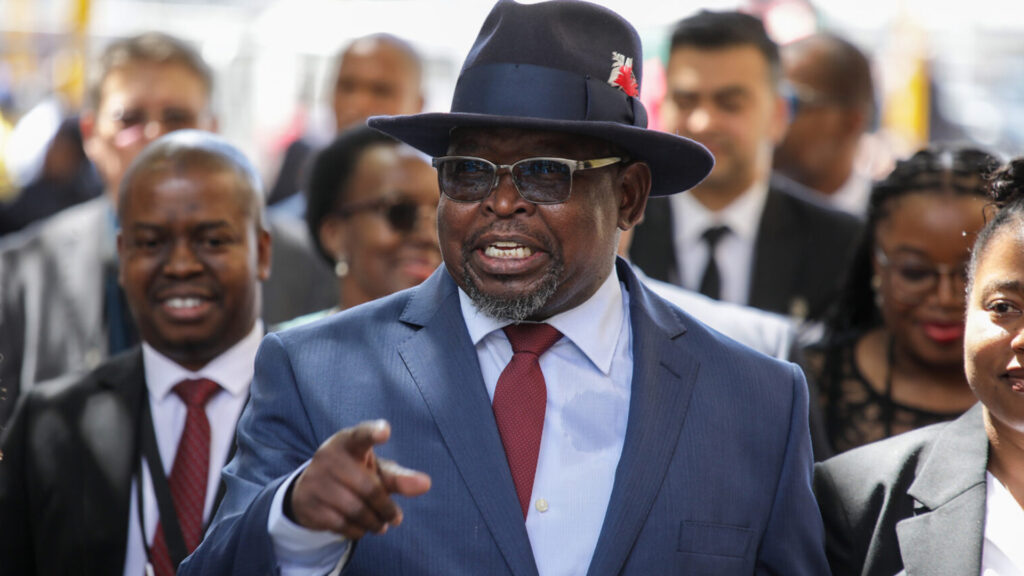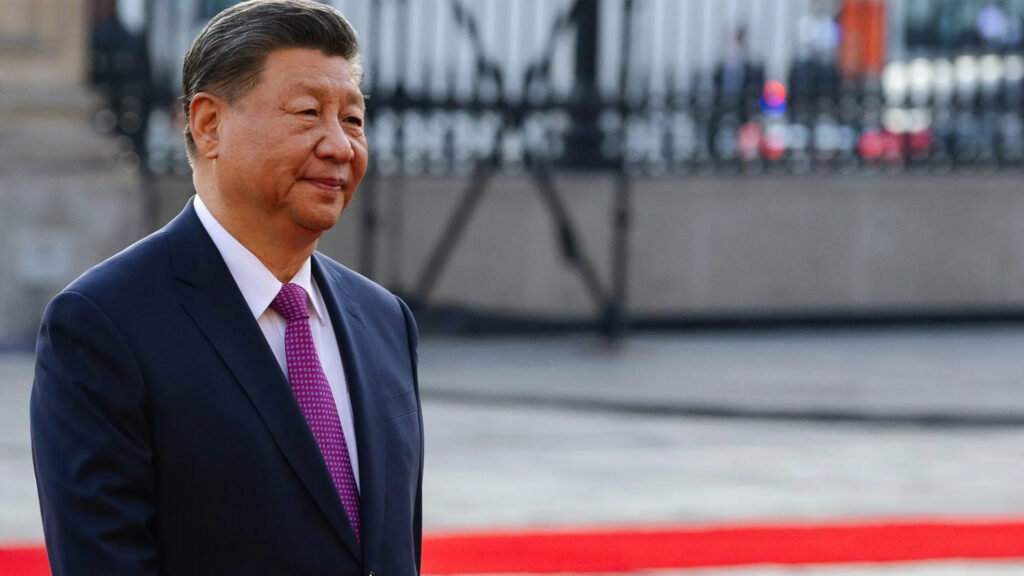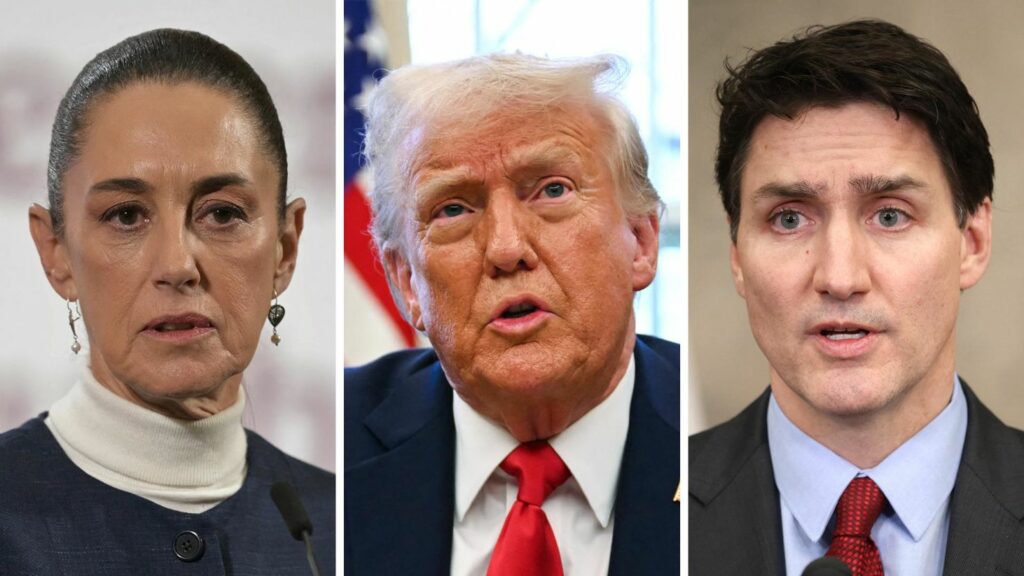April 2, 2025, will be remembered as a turning point in South Africa’s post-election era. On what is now being dubbed “Liberation Day” by analysts for its symbolic significance, parliament passed a contentious budget framework that could fracture the Government of National Unity (GNU) and has already rattled financial markets.
The rift over Finance Minister Enoch Godongwana’s fiscal proposal, notably the plan to raise the value-added tax (VAT), threatens to unravel the GNU coalition, which was painstakingly built after the 2024 general elections.
The Democratic Alliance (DA), the GNU’s second-largest party, rejected the budget, citing procedural irregularities and economic misdirection. This stance has prompted legal challenges, a public political spat, and a 1.9% plunge in the rand against the dollar, its weakest close since January.
Highlights
- Parliament narrowly passed the 2025 budget framework: 194 votes to 182
- DA threatens to exit GNU and mount legal challenges against budget approval
- Rand slides 1.9%, reflecting investor concern over coalition instability
- VAT hike proposal central to fiscal dispute: 0.5% increase this year and next
- Treasury warns other tax options are economically harmful or unfeasible
- GNU unity at risk as ideological divides widen among coalition partners
Market Turmoil Reflects Political Volatility
The market reaction was immediate and sharp. As parliament approved the fiscal framework, the rand tumbled, driven by fears that the DA’s threatened withdrawal could leave the ANC vulnerable, forcing alliances with radical parties such as the Economic Freedom Fighters (EFF).
Such a shift would mark a significant policy pivot and further derail investor confidence.
This market instability underscores a broader truth: South Africa’s path to economic recovery and fiscal stability remains fragile and politically charged.
The VAT Hike: Fiscal Necessity or Political Gamble?
The DA’s core opposition to the budget stems from the planned VAT increases, which Finance Minister Godongwana defended as a necessary move to shore up revenues without deterring private investment. The Treasury argues that other options, such as raising corporate or personal income tax, could damage growth or prompt capital flight. The VAT adjustment is projected to raise R75 billion over three years.
Still, the DA insists that the hike is regressive and will hurt the poor, demanding clearer commitments from the Treasury to explore alternative revenue sources. ActionSA, another GNU member, supported the budget but urged tighter oversight, offering a SARS recovery programme as a parallel solution.
Legal Battle Looms Over Parliamentary Process
DA leader John Steenhuisen announced plans to legally challenge the budget, alleging that Tuesday’s finance committee sitting violated standing rules by failing to consider all party proposals. “We look forward to this matter being addressed in court for the benefit of all South Africans who do not agree to this budget,” Steenhuisen said. He reaffirmed the DA’s refusal to support “ANC tax increases” and called for judicial review.
The court case may prolong budget uncertainty and deepen the divide within the GNU. If the DA follows through on its implied threat to exit the coalition, the balance of power in parliament could shift dramatically, with unpredictable consequences for fiscal governance.
Ideological Divergence and GNU Durability
Tensions within the GNU extend beyond the budget. The DA has clashed with the ANC on major policies, including universal health insurance, land expropriation, and education reform. These fundamental disagreements raise doubts about the coalition’s longevity.
“For the GNU, I don’t think you can vote against a budget and tomorrow you want to go and be part of its implementation,” said Finance Minister Godongwana, highlighting the irreconcilable contradictions in the current arrangement.
President Cyril Ramaphosa’s office has maintained that the government will remain stable, but has made no assurances about the GNU’s structure. As it stands, if the DA and other smaller coalition members exit, the ANC may be forced to align with populist forces that could alienate markets further.
Investor Outlook: Clouds Ahead, but Not All Doom
Despite the short-term volatility, some analysts see this moment as a necessary pressure test for South Africa’s democratic maturity and coalition politics. Fiscal consolidation is essential, and some form of VAT reform may be inevitable. However, execution without unity and transparency risks undermining both investor trust and public support.
Long-term investors will be watching closely to see whether South Africa can navigate this storm with institutional integrity intact. Meanwhile, legal proceedings, coalition negotiations, and international scrutiny will shape the coming weeks.







